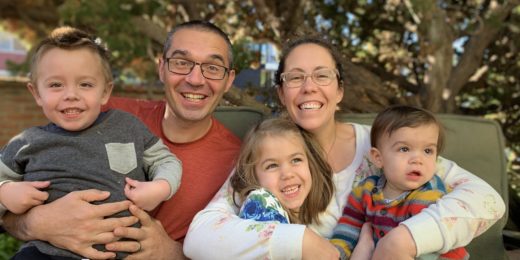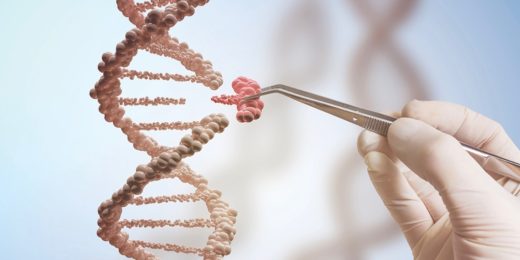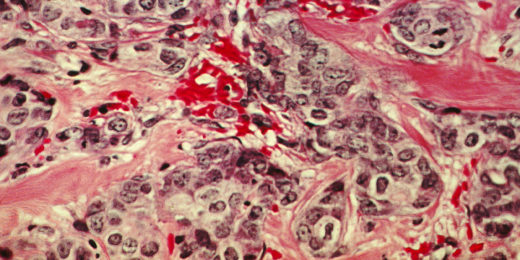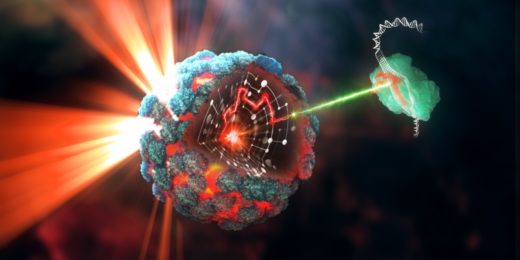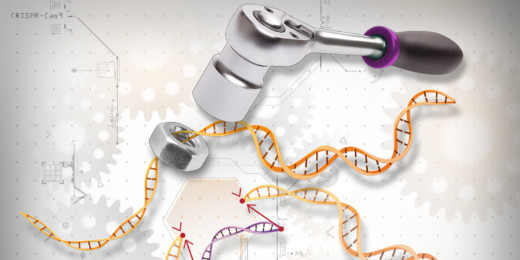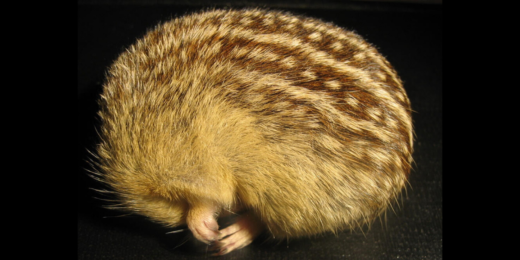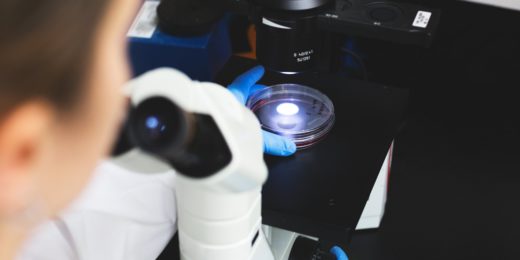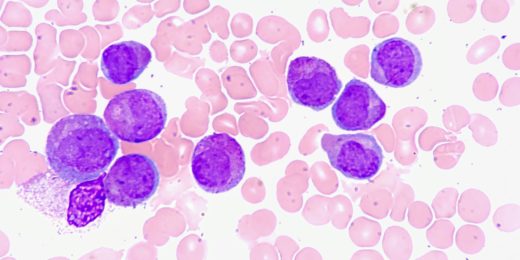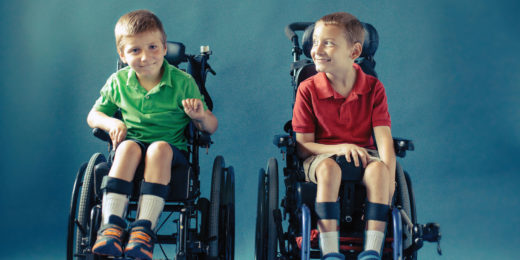A Stanford researcher talks about navigating the uncertainty of making medical decisions for her 5-year-old son with an undiagnosed genetic disorder.
Category: Genetics
How does 2020 Nobel Prize-winning CRISPR technology work?
The 2020 Nobel Prize in Chemistry recognized the scientists who developed the CRISPR-Cas9 gene-editing technology. Here's how it's changing medicine.
Post-surgical abdominal adhesions: A potential cause and possible treatment
Abdominal adhesions frequently occur after abdominal surgery. Stanford researchers prevented their formation in mice by blocking a molecular pathway.
An ancient virus might have made our hearts bigger
A Stanford-led study finds that remnants of an ancient viral infection may be the reason humans and other primates evolved to have larger hearts and bodies.
Genetic edit protects against transplanted cells that go rogue
Stanford researchers and colleagues have invented a genetic safety mechanism that can deactivate transplanted cells if they change in a problematic way.
Seeking a less-burdensome treatment for Diamond Blackfan anemia
Stanford researchers have found a good drug target for treating Diamond-Blackfan anemia, a genetic disease that impairs red blood cell formation.
New evidence suggests early metastasis is common in lung and breast cancers
In breast and lung cancer patients with metastatic disease, seeds of metastasis were often planted before the primary tumor was diagnosed, a study finds.
Analyzing patients’ tumors, from the inside out
The experts on Stanford Medicine's molecular tumor board brainstorm new ways to attack individual patients' tumors at the genetic level.
3D lung cancer “spheroids” reveal hidden drivers of disease
Scientists create a new 3D lung cancer model to better reveal the drivers of cancer, and in doing so, find a new gene that may be a possible drug target.
Stanford technology helps advance CRISPR-based cancer therapy
A team led by Howard Chang has contributed key technology to enable new experimental cancer therapy that uses CRISPR to edit immune cells.
Study sheds light on the genetics of hibernation
Researchers zeroed in on the genes driving ground squirrel hibernation — and their insights could be helpful for understanding human health.
Scientists sleuth out “jumping genes” to combat antibiotic resistance
Scientists develop a technology to find "jumping genes," a type of genetic element that may contribute to antibiotic resistance.
A mutation causing alcohol-related ‘Asian glow’ may have ties to Alzheimer’s disease
People with a mutation in an enzyme that breaks down alcohol may be at a higher risk for developing Alzheimer's disease, new research suggests.
A father’s search for a cure leads him to a Stanford lab
In his quest to cure his daughter’s ultra-rare disease, Matt Wilsey might also be changing the way drugs are made, Stanford Business magazine reports.
Computer models show promise for personalizing chemotherapy
A Stanford biomedical data scientist discusses how computational modeling of big data could help improve personalized chemotherapy selection in the future.
Families find answers, and community, through the Undiagnosed Diseases Network
Through genetic tests and databases of symptoms, doctors in a network of clinical centers help families determine what is affecting their children's health.


